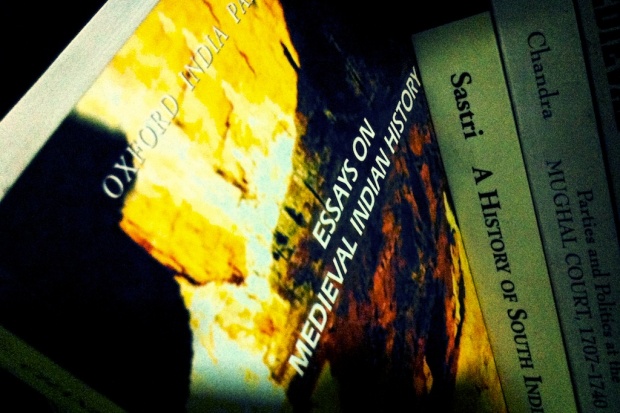In my opinion, this would undoubtedly be the most impressive project ever undertaken in the realm of History. Especially because the project does not attempt to create a singular view of history, rather, it just places them alongside each other for you, the student, to evaluate the two views.
History as a concept as well as a subject has been subject to much maligning. This project and similar such projects (if they come up in the future) will help history reclaim its deserving position, not just in academia, but also for the curious mind.
“In school, we learn that History isn’t like Maths. It isn’t a ‘scoring subject’. A two plus two will yield the same result all over the world, but history is subjective. It’s written by people, after all. People are subjective too; people find it difficult to not pick sides, a fact borne out by those history textbooks of India and Pakistan.
In a way, this conflict led to a book that illuminates the biases and subjectivity inherent in history. The History Project — launched on April 30 — was born at the Seeds of Peace, an annual camp for teenagers from countries in conflict, held at Maine, in the U.S. Feruzan Mehta, then director of Seeds of Peace-India, came up with the idea in 2005. Six years later, The History Project was founded by three young Pakistanis: Qasim Aslam, Ayyaz Ahmad and Zoya Siddiqui. They brought together a team of editors and volunteers from both countries to produce the Project’s first history textbook.”
The project page is here and the “textbook” can be downloaded here. [18MB PDF]. If you are willing to appreciate history without embellishment, opinion or colour, this is a definite read.

